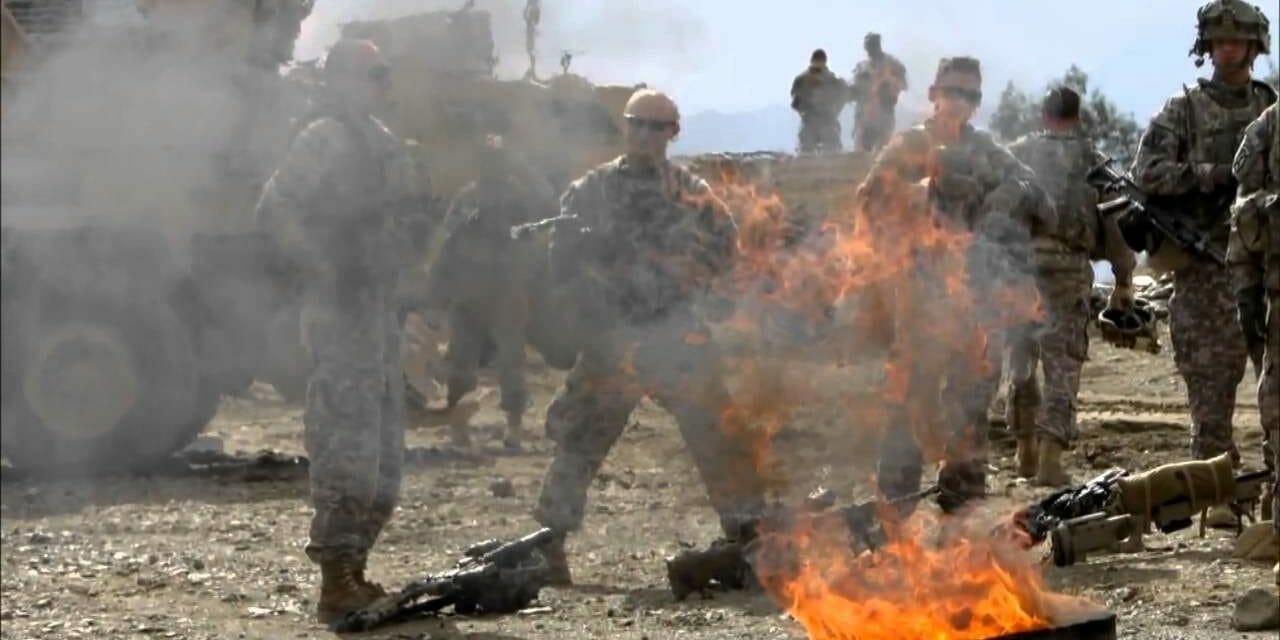PALM DESERT — Rep. Raul Ruiz, M.D., CA-36, lauded for his ability to work in a bipartisan fashion, this week announced crucial progress on his bill, H.R. 1381, the Burn Pit Registry Enhancement Act, which has picked up critical, bipartisan support in the Senate.
The Burn Pit Registry Enhancement Act would:
- Ensure that the burn pit registry may be updated with the cause of death of a registered individual;
- Allow a designated individual or immediate family member to report the cause of death of a registered individual; and
- Provide a process by which a registered individual may make a designation regarding who is to make the report to the registry on their behalf.
This week, Sens. Tom Udall, D-NM, and Dan Sullivan, R-AK, joined Ruiz and Rep. Brad Wenstrup, R-OH, to introduce the legislation, vowing to work the bill on both sides of the Capitol.

Jennifer Kepner and children
Ruiz first introduced the bipartisan legislation in honor of local veteran Jennifer Kepner, who passed away from cancer connected to her exposure to burn pits in Iraq. H.R. 1381 carries on Jennifer’s advocacy for veterans exposed to burn pits by improving the burn pits registry to allow entries to be updated with the cause of death after a registered veteran passes away. This will expand and improve the data available for studies related to burn pits, helping researchers determine the full range of diseases and negative health outcomes that can result from exposure to burn pits.
“For too long, our government has turned a blind eye to veterans like Jennifer Kepner, whose entry in the burn pits\ registry still does not reflect her cause of death: pancreatic cancer her doctor said was most probably a result of her exposure to burn pits,” Ruiz, Co-Chair of the Burn Pits Caucus, said in a prepared statement. “Veterans like Jennifer deserve to know how their burn pit exposure may affect their health, and one of our best tools for making that determination is the burn pit registry. With a companion bill in the Senate, we are closer than ever to honoring Jennifer’s memory by passing legislation to strengthen the registry and save the lives of other exposed veterans. I will never stop fighting until every servicemember and veteran exposed to burn pits can access the health care they need and has the benefits they have earned and deserve.”
In a prepared statement, Udall said, “As one of the first members of Congress to champion the creation of the national registry, I’m committed to strengthening and building on our efforts to better understand how burn pit exposure has affected veterans’ health. Many of our servicemen and women were exposed to toxic fumes and chemicals from burn pits while serving our country overseas. Some, like Master Sergeant Jessey Baca of New Mexico, have courageously battled illnesses that they can trace to that exposure. This bill is a crucial and straight forward next step to enhance the burn pit registry, helping us to gather more information so that veterans can receive the answers they deserve and the medical treatment they have earned.”
Sullivan said, “Open burn pits have emerged as an insidious danger to the well-being of our brave service members years after their wartime service. We must keep veterans and their loved ones acquainted with research into the hazards posed by toxic airborne chemicals and the medical developments that could help protect them from serious illnesses. As a member of both the Senate Veterans’ Affairs and Armed Services Committees, I’m pleased to cosponsor legislation that enhances this important registry, so our men and women in uniform are able to return to a healthy and safe civilian life.”
Wenstrup, Co-Chair of the Burn Pit Caucus, echoed those sentiments. “As an Iraq war veteran and a doctor, I understand the impacts of war are far-reaching. They go beyond battle injuries and can arise later in life to the detriment of the veteran and his or her family. In order for the VA to understand how exposure to burn pits impacted servicemembers, they must maintain an accurate and complete registry. This legislation will ensure appropriate records are kept so we can determine the best course of action to assist those with service related illnesses.”
Image Sources
- Burn pits: YouTube







